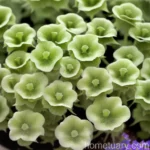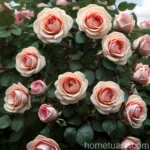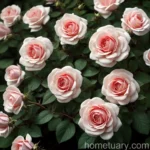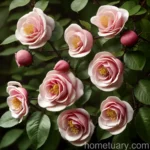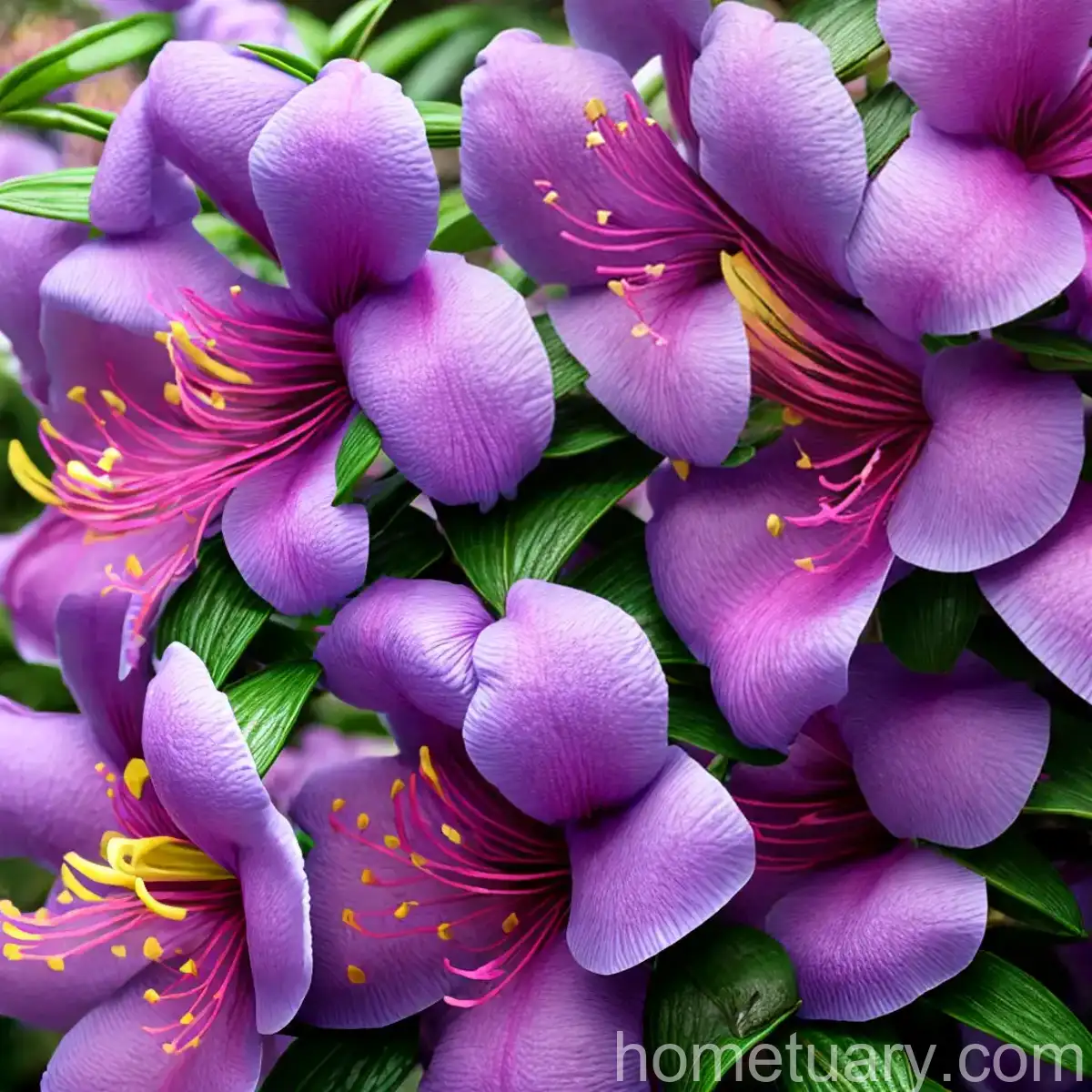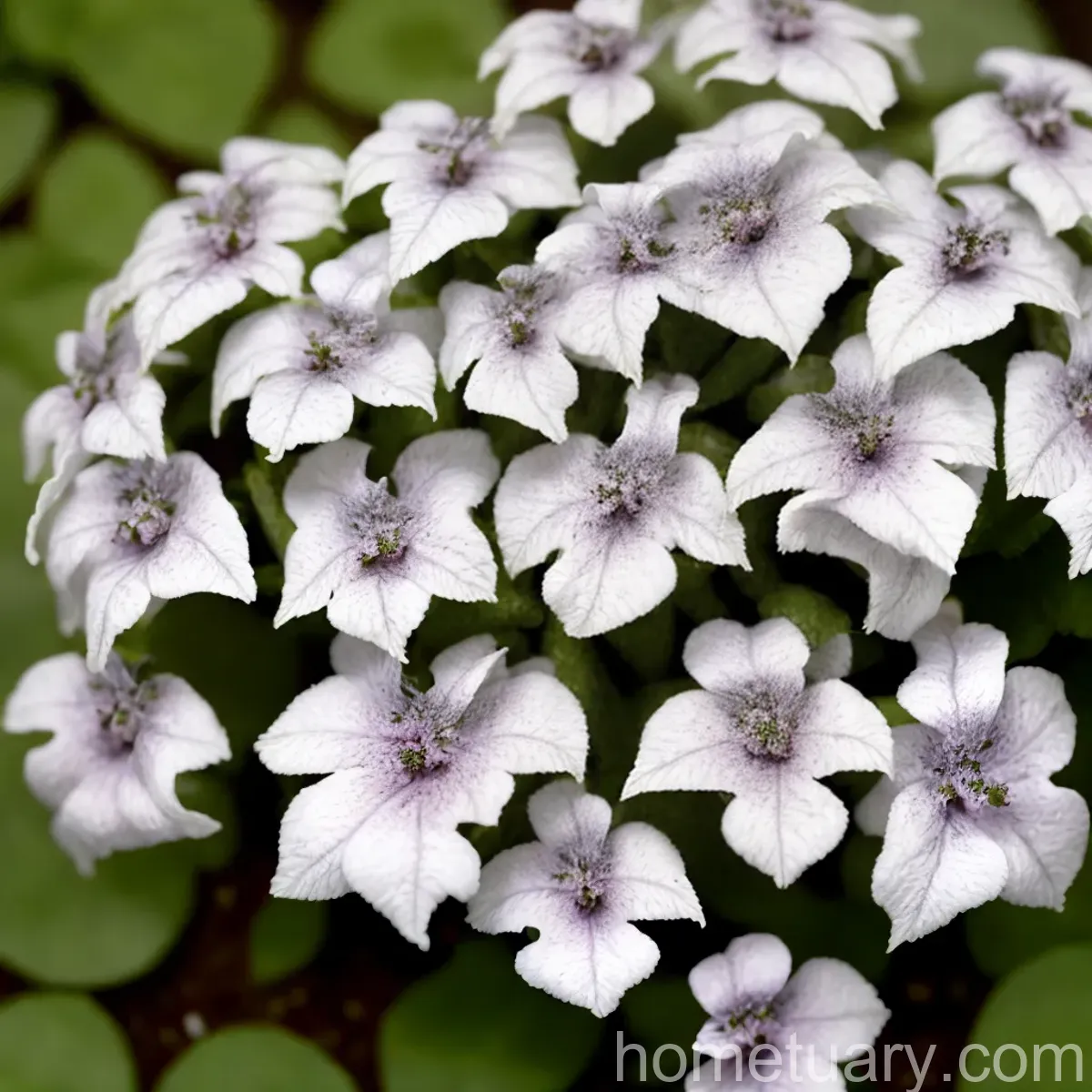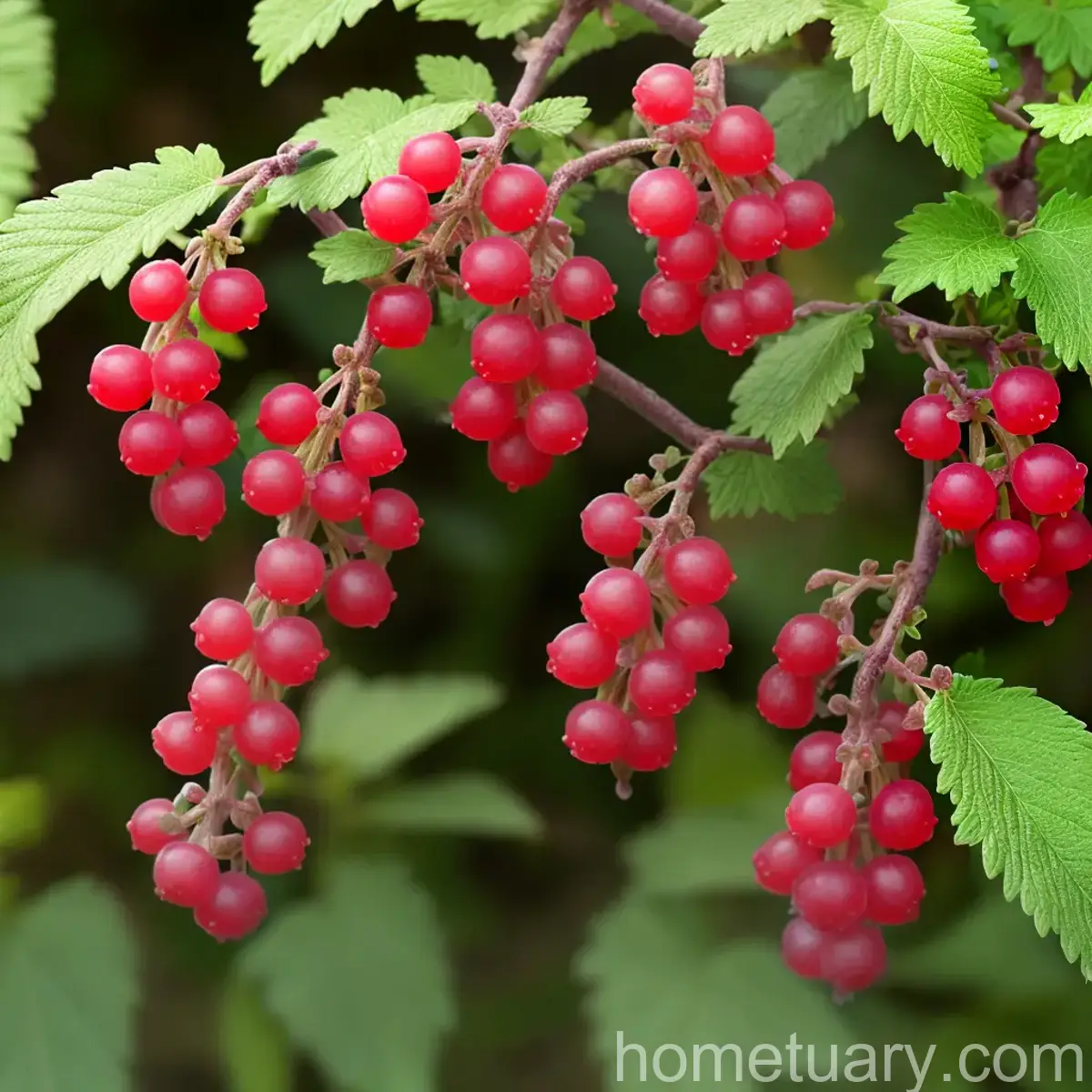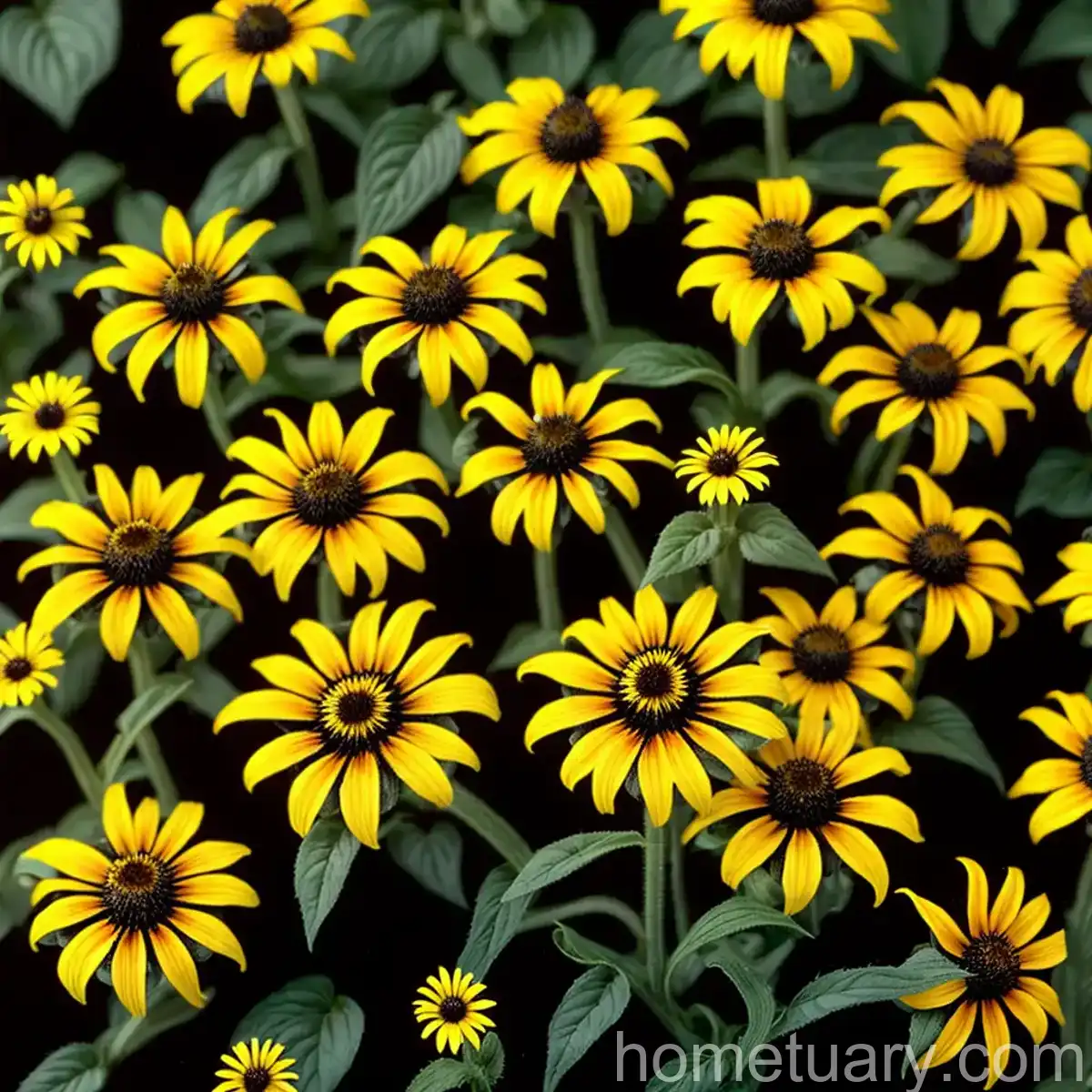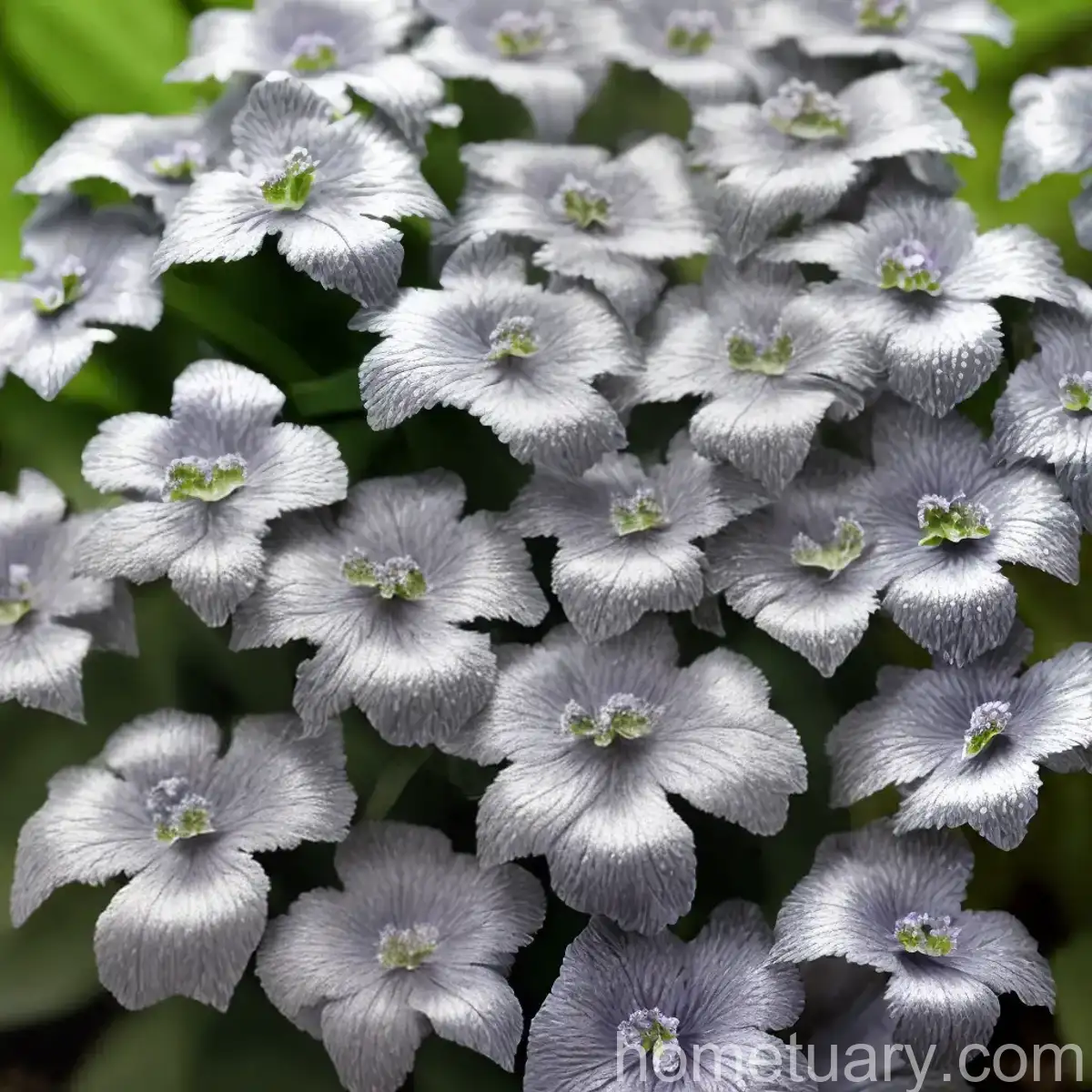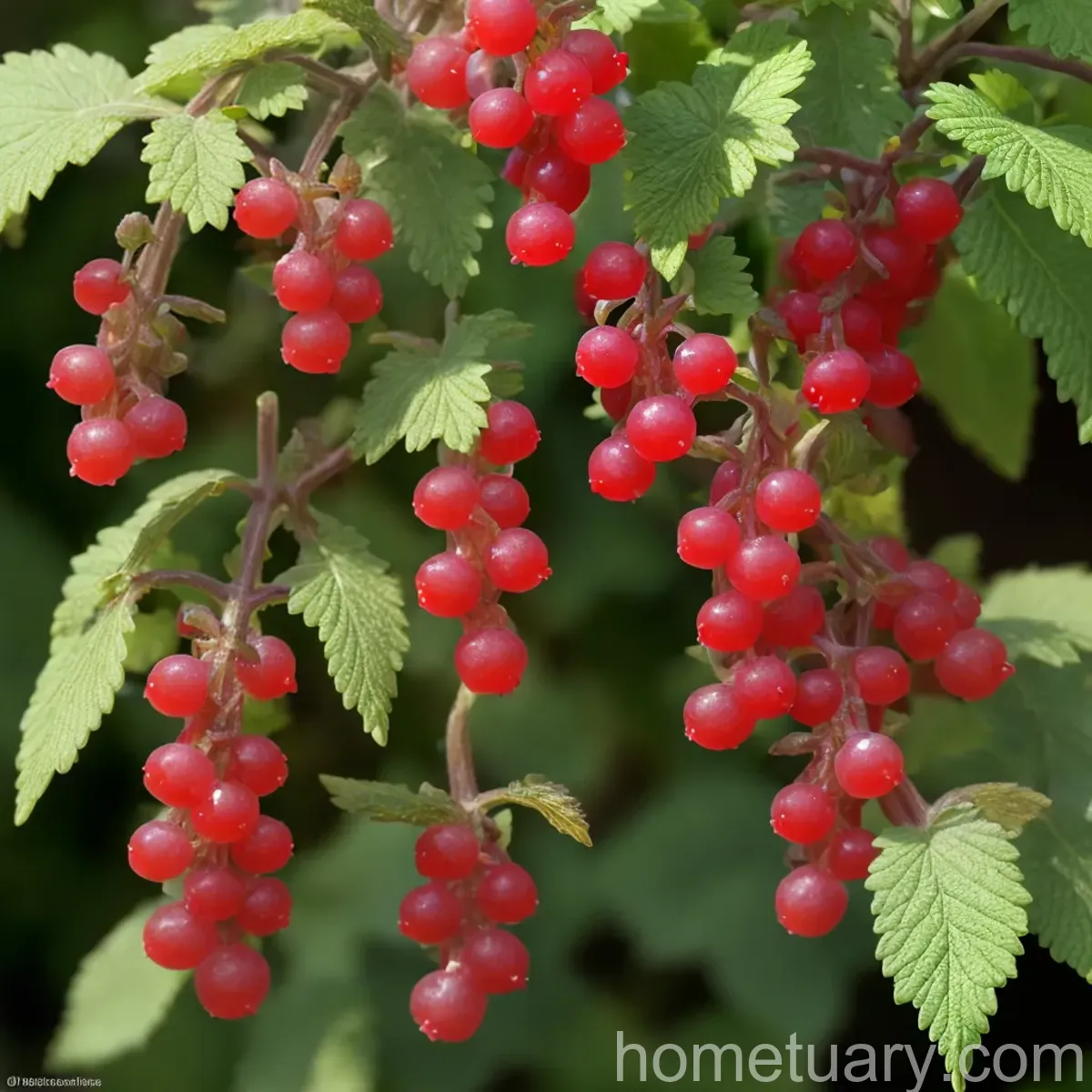Plant Scientist’s Guide: Understanding and Caring for Shrub Rose (Rosa ‘Ausbord’ Gertrude Jekyll)
As a plant scientist with a passion for roses, I am excited to share my expertise on the elegant and enchanting shrub rose, specifically focusing on the Rosa ‘Ausbord’ Gertrude Jekyll variety. From its cultural significance to its specific care requirements, I will delve deep into the world of this beloved shrub rose. Whether you are a seasoned gardener or a newcomer to the world of roses, this comprehensive guide will equip you with the knowledge and skills to successfully cultivate and care for the Rosa ‘Ausbord’ Gertrude Jekyll shrub rose in your own garden.
What is a Shrub Rose?
The shrub rose, particularly the Rosa ‘Ausbord’ Gertrude Jekyll variety, is a versatile and resilient flowering plant that belongs to the genus Rosa within the Rosaceae family. Known for its abundance of blooms and graceful growth habit, shrub roses have been cherished by gardeners for centuries. The Rosa ‘Ausbord’ Gertrude Jekyll variety, in particular, is celebrated for its captivating fragrance, vibrant blooms, and disease resistance.
This stunning shrub rose variety is named after Gertrude Jekyll, a renowned British horticulturist and garden designer, known for her contributions to the arts and the world of gardening. The ‘Ausbord’ in the name refers to the breeder, David Austin, renowned for his work in creating exceptional English roses.
Now, let’s explore the key aspects of understanding and caring for the shrub rose, with a focus on the Rosa ‘Ausbord’ Gertrude Jekyll variety.
Key Takeaways
Before we delve into the specific details of the Rosa ‘Ausbord’ Gertrude Jekyll shrub rose, let’s highlight the essential aspects of its cultivation and care:
- Shrub Rose Varieties: The Rosa ‘Ausbord’ Gertrude Jekyll is part of the wider group of shrub roses, known for their resilience, diverse blooms, and adaptability to different growing conditions.
- Cultural Significance: The Gertrude Jekyll rose pays homage to the influential horticulturist and designer, embodying her dedication to beauty and functionality in garden design.
- Versatility and Adaptability: Shrub roses, including the Rosa ‘Ausbord’ Gertrude Jekyll, are suitable for various garden styles, from formal landscapes to cottage gardens, and everything in between.
- Fragrance and Beauty: The Ausbord rose captivates with its delightful fragrance and an array of colors, adding an element of charm to any outdoor space.
Now, let’s explore the specific care requirements and characteristics of the Rosa ‘Ausbord’ Gertrude Jekyll shrub rose, covering aspects such as culture, uses, water, sunlight, fertilizer, soil, pruning, propagation, container gardening, diseases, pests, and essential tips for cultivating and enjoying this exquisite rose variety.
Culture
When it comes to the culture of the Rosa ‘Ausbord’ Gertrude Jekyll shrub rose, it’s essential to understand the optimal conditions for its growth and development. From selecting the right location to understanding its water and sunlight needs, the cultural aspects play a crucial role in nurturing a healthy and flourishing shrub rose.
Uses
The Rosa ‘Ausbord’ Gertrude Jekyll shrub rose offers a multitude of uses in garden design and horticulture:
- Ornamental Beauty: With its abundant blooms and graceful growth habit, the Gertrude Jekyll rose serves as a captivating ornamental feature in gardens, parks, and landscapes.
- Cut Flowers: The fragrant blooms of the Ausbord rose make it an excellent choice for cut flower arrangements, adding elegance and fragrance to indoor spaces.
- Pollinator Friendly: Shrub roses, including the Gertrude Jekyll variety, attract pollinators such as bees and butterflies, contributing to the overall health and biodiversity of the garden.
Water
Proper watering is essential for the health and vitality of the Rosa ‘Ausbord’ Gertrude Jekyll shrub rose. Understanding its water requirements and implementing appropriate watering practices is crucial for its overall well-being.
- Regular Watering: The Ausbord rose benefits from regular watering, especially during the growing season, to maintain adequate soil moisture levels.
- Deep Watering: When watering, ensure that the water penetrates deeply into the soil to encourage the development of a robust root system.
- Avoid Waterlogging: While regular watering is essential, it’s important to prevent waterlogging, which can lead to root rot and other potential issues.
Sunlight
Sunlight plays a vital role in the growth and blooming of the Rosa ‘Ausbord’ Gertrude Jekyll shrub rose. Understanding its sunlight requirements is crucial for creating an ideal growing environment.
- Full Sun: The Gertrude Jekyll rose thrives in full sunlight, requiring at least 6-8 hours of direct sun exposure daily for optimal growth and abundant flowering.
- Partial Shade: While it prefers full sun, the Ausbord rose can tolerate partial shade, especially in regions with intense summer heat, where some respite from direct sun may be beneficial.
Fertilizer
Fertilization is an integral part of caring for the Rosa ‘Ausbord’ Gertrude Jekyll shrub rose, providing essential nutrients for its growth and blooming cycles.
- Balanced Fertilizer: Use a balanced fertilizer formulated for roses and flowering shrubs to supply the necessary nutrients, including nitrogen, phosphorus, and potassium.
- Application Timing: Apply fertilizer in early spring as new growth begins, and consider a second application after the first bloom cycle to support continuous flowering.
Soil
Understanding the soil preferences of the Rosa ‘Ausbord’ Gertrude Jekyll shrub rose is essential for creating an optimal growing environment.
- Well-Drained Soil: The Ausbord rose thrives in well-drained, loamy soil, rich in organic matter, allowing for good air circulation and moisture retention without waterlogging.
- Soil pH: A slightly acidic to neutral pH range of 6.0-7.0 is ideal for shrub roses, including the Gertrude Jekyll variety, promoting nutrient uptake and overall plant health.
Pruning
Pruning is a fundamental aspect of shrub rose care, including the Rosa ‘Ausbord’ Gertrude Jekyll variety, shaping its growth, promoting flowering, and maintaining its overall health and vigor.
- Pruning Timing: Conduct major pruning in late winter or early spring before the onset of new growth, removing dead or diseased wood, as well as shaping the plant for the upcoming growing season.
- Deadheading: Regular deadheading of spent blooms encourages continuous flowering and prevents the formation of rose hips, redirecting the plant’s energy into producing new blossoms.
Propagation
The propagation of the Rosa ‘Ausbord’ Gertrude Jekyll shrub rose allows for the expansion of its presence in the garden and the sharing of its beauty with others.
- Cutting Propagation: Propagate the Ausbord rose through softwood or hardwood cuttings, using rooting hormone to encourage the development of new roots before transplanting into the desired location.
- Division: Dividing mature shrub roses can also be a method of propagation, allowing for the creation of new plants from existing root systems.
Container Popularity
The Rosa ‘Ausbord’ Gertrude Jekyll shrub rose is a popular choice for container gardening, offering versatility and beauty in a confined space.
- Container Size: Select a container with adequate depth and drainage holes to accommodate the shrub rose’s root system and provide space for healthy growth.
- Potting Mix: Use a well-draining potting mix formulated for roses and container plants, supplemented with organic matter to promote healthy growth and blooming.
Common Diseases
While the Rosa ‘Ausbord’ Gertrude Jekyll shrub rose exhibits good disease resistance, it may still be susceptible to certain common rose diseases, necessitating proactive measures for prevention and management.
Disease Diagnosis
Understanding the symptoms and signs of common rose diseases is essential for timely intervention and effective management.
- Powdery Mildew: Look for whitish powdery patches on the leaves and stems, often accompanied by distorted growth and leaf yellowing.
- Black Spot: Identify circular black or dark brown spots on the foliage, often leading to premature leaf drop and reduced vigor.
- Botrytis Blight: Watch for gray mold on blooms and foliage, particularly in humid conditions, which can lead to significant damage if left unchecked.
Common Pests
The Rosa ‘Ausbord’ Gertrude Jekyll shrub rose may face potential pest pressures, requiring vigilance and appropriate pest management strategies.
- Aphids: Keep an eye out for clusters of small, soft-bodied insects on the new growth and undersides of leaves, which can cause leaf curling and distortion.
- Thrips: Look for tiny, slender insects and silvery speckling on the leaves, indicating thrips infestation, which can affect the overall health of the shrub rose.
Botanist’s Tips
As a plant scientist with a passion for the Rosa ‘Ausbord’ Gertrude Jekyll shrub rose, I would like to share some additional insights and tips for enthusiasts looking to cultivate and appreciate this beautiful variety.
- Companion Planting: Consider companion planting with fragrant herbs, such as lavender and thyme, to enhance the sensory experience and attract beneficial insects to the garden.
- Winter Protection: Provide winter protection, such as mulching around the base of the shrub rose, in colder climates to safeguard the root system during the dormant season.
Fun Facts
Before concluding this comprehensive guide, here are some fun and intriguing facts about the Rosa ‘Ausbord’ Gertrude Jekyll shrub rose:
- Fragrance: The Ausbord rose is celebrated for its exceptional fragrance, emanating delightful floral notes that captivate the senses.
- Butterfly Attraction: The vibrant blooms of the Gertrude Jekyll variety attract butterflies, adding a touch of enchantment to the garden.
- Landscaping Beauty: With its versatile growth habit and abundant blooms, the Ausbord rose lends itself beautifully to various landscaping designs, from cottage gardens to formal arrangements.
Links to External Resources
For further exploration and learning, I have curated a list of valuable external resources related to the Rosa ‘Ausbord’ Gertrude Jekyll shrub rose:
- Royal Horticultural Society – Shrub Roses
- American Rose Society
- Gardening Know How – Shrub Rose Care
- University of California Agriculture and Natural Resources – Rose Care for More Resilient Landscapes
In conclusion, the Rosa ‘Ausbord’ Gertrude Jekyll shrub rose stands as a testament to the timeless allure and enchanting beauty of shrub roses. With its captivating fragrance, vibrant blooms, and adaptability, this variety continues to grace gardens and landscapes with its charm and elegance. By understanding its cultural significance, specific care requirements, and embracing its versatility, gardeners and rose enthusiasts can cultivate and appreciate the enduring splendor of the Gertrude Jekyll shrub rose in their outdoor spaces.




